Grad school letter of recommendation request template
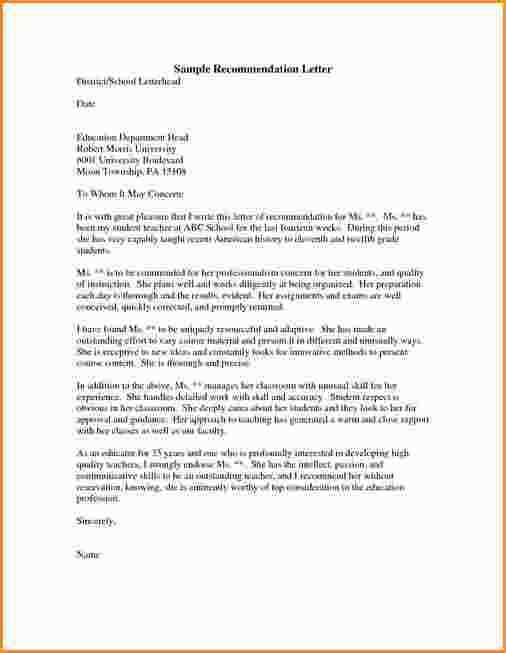
Begin your request by directly addressing the professor or mentor you wish to ask for a letter of recommendation. Be polite and concise, while providing the necessary details to make the process easier for them. Let them know why you are applying to the program and what strengths or experiences you would like them to highlight in their letter.
Here’s a simple approach for crafting your email:
Subject: Request for Graduate School Recommendation
Dear [Professor’s Name],
I hope you’re doing well. I am in the process of applying to [program name] at [university name] and was hoping you could write a letter of recommendation for me. Your experience with my work in [specific class, research, or project] would provide a strong foundation for the recommendation.
For your reference, I’ve attached my resume, a list of accomplishments, and the program’s details. If you need any additional information, I would be happy to provide it. Thank you for considering my request–I truly appreciate your time and help.
Sincerely,
[Your Name]
By clearly outlining what you need, providing the necessary resources, and offering to assist with any details, you make it easy for your recommender to write a thoughtful and relevant letter on your behalf.
Grad School Letter of Recommendation Request Template
When requesting a letter of recommendation for graduate school, it’s important to be clear, concise, and respectful of the professor’s time. Use this template to guide your request and ensure all necessary information is provided.
Subject: Request for Letter of Recommendation
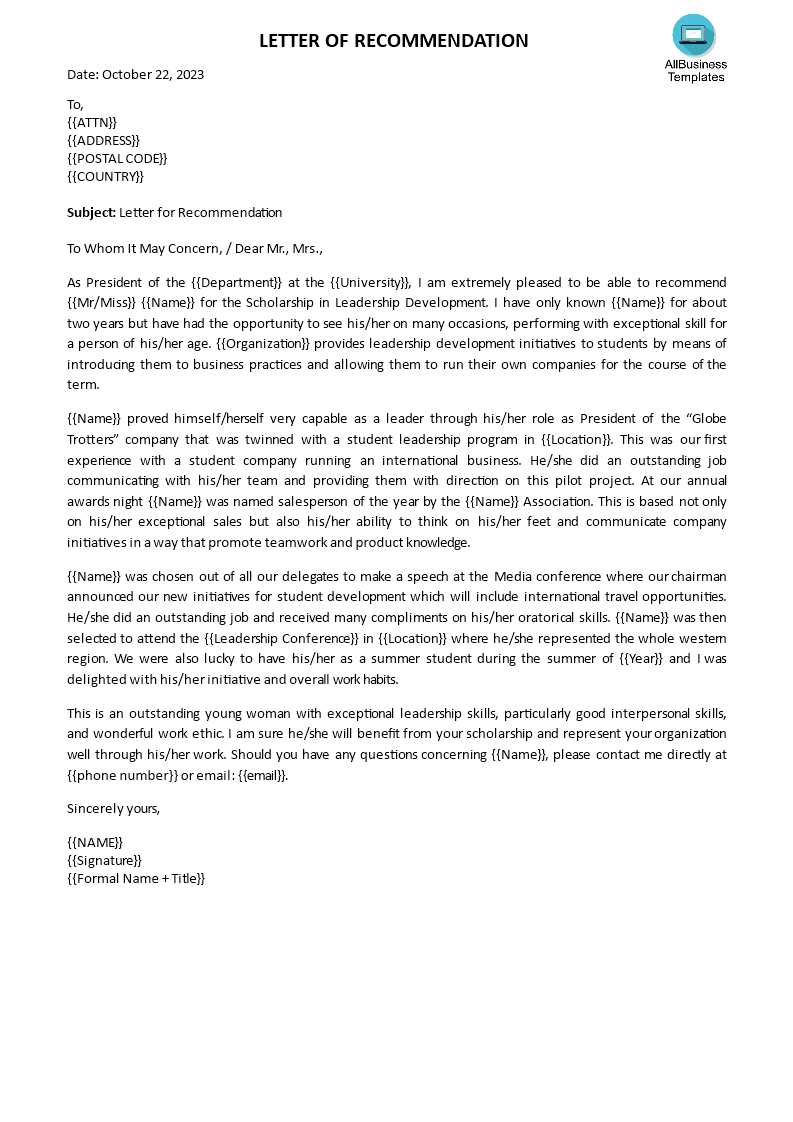
Dear [Professor’s Name],
I hope you’re doing well. I am in the process of applying to [graduate program name] at [University Name], and I would greatly appreciate it if you could write a letter of recommendation for me. I believe your insight into my [mention specific skills or achievements] would make a strong case for my application.
For your convenience, I have attached the following details:
- A copy of my current resume
- My statement of purpose
- Specific details about the program and application deadlines
If you need any additional information or have any questions, feel free to reach out. I understand you have a busy schedule, and I would be grateful for any time you can devote to this request.
Thank you for considering my request. I look forward to hearing from you.
Sincerely,
[Your Full Name]
[Your Contact Information]
How to Choose the Right Recommender for Your Grad School Application
Selecting the right person to write your letter of recommendation is a critical step in your grad school application process. Focus on individuals who can speak to your skills, achievements, and potential for success in the specific program you are applying to.
Consider the following factors when choosing your recommender:
| Factor | What to Look For |
|---|---|
| Academic Background | Choose professors who have taught you in relevant courses and can speak to your academic strengths. Their credibility in the field adds weight to their recommendation. |
| Professional Experience | If you’ve had work experience related to your field, ask a supervisor or mentor who has directly overseen your contributions and can provide examples of your skills in action. |
| Familiarity with Your Goals | Pick someone who understands your academic and career ambitions. Their recommendation will be more impactful if they can relate your goals to your past performance and future potential. |
| Personal Rapport | A recommender who knows you well enough to highlight your strengths and personal qualities can provide a compelling, authentic letter. |
Be sure to ask people who are not only familiar with your achievements but also enthusiastic about supporting your grad school application. A strong, personalized recommendation carries much more weight than a generic one.
Always give your recommenders enough time to write the letter, and be prepared to provide them with necessary details, such as your resume, personal statement, and specific program information. This will help them write a more tailored and compelling recommendation.
Key Information to Include in Your Request
Clearly state the purpose of your request, mentioning the program or school you are applying to. Be specific about the type of recommendation you need, whether it’s focused on academic achievements, personal qualities, or professional experience.
Provide the recipient with an understanding of your goals. Share what you hope to achieve with the recommendation and how it will support your application. This gives context to the request and helps the writer tailor their letter.
Include relevant deadlines and submission instructions. Specify when you need the letter and if there are any online portals, email addresses, or forms that must be used. Offering a clear timeline ensures the writer can plan accordingly.
Offer details about your relationship with the recommender. Mention how long you’ve known them and in what capacity (e.g., professor, employer). This helps the recommender reflect on your strengths from a specific perspective.
Highlight key accomplishments or projects you’d like the recommender to mention. This could include academic achievements, extracurricular activities, or professional experiences that are relevant to the program you’re applying to.
Make sure to provide any forms or templates that the school may require. If they request a particular format or structure for the letter, ensure your recommender has those details ahead of time.
Finally, express gratitude for their time and effort. Acknowledge that writing a strong letter takes effort and show appreciation for their support in your application process.
How to Ask for a Letter of Recommendation Professionally
Be clear and direct in your request. Start by addressing the person respectfully and outlining the specific reason you’re asking for the letter. Mention how their background or experience makes them a fitting choice to write on your behalf. Let them know what the recommendation is for, whether it’s a graduate school application, scholarship, or job opportunity, and include any relevant deadlines.
Provide details to make their job easier. Include information about your academic achievements, work experience, and any key points you’d like them to highlight. Offer to send your resume, transcripts, or a brief summary of the project or course you worked on together. This helps them craft a personalized and specific recommendation.
Keep it Polite and Grateful
Be respectful of their time. Ask if they’re willing to write the letter, acknowledging that they may have a busy schedule. Always express gratitude for their consideration, whether they agree or not. A polite tone goes a long way in maintaining good relationships, especially if they have a high workload or limited availability.
Give Ample Time for a Response
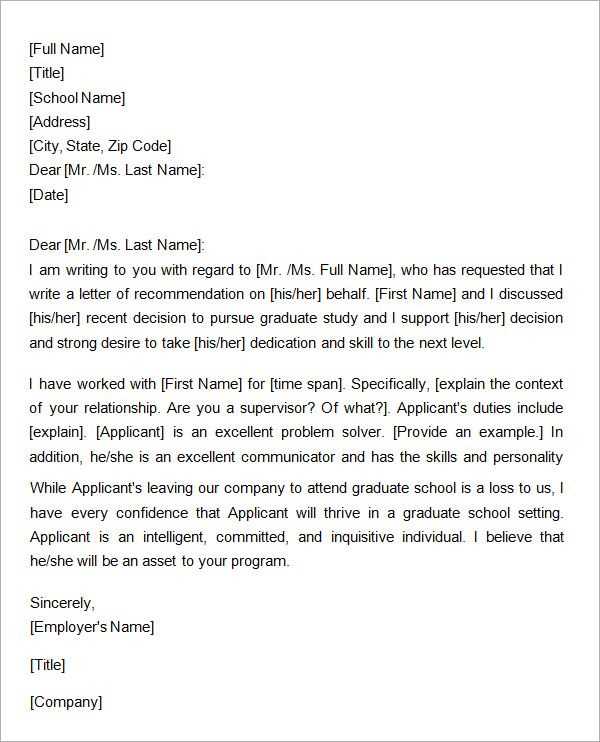
Request the letter well in advance. Avoid last-minute requests, as this can pressure the recommender. At least 3-4 weeks’ notice is ideal. This gives them time to write a thorough letter without feeling rushed.
Providing Your Recommender with Necessary Application Details
Make it easy for your recommender by providing clear and concise information. Share the application deadlines, required documents, and any specific questions or prompts they should address in their letter. This will ensure they focus on what is needed for the best recommendation possible.
Details to Include
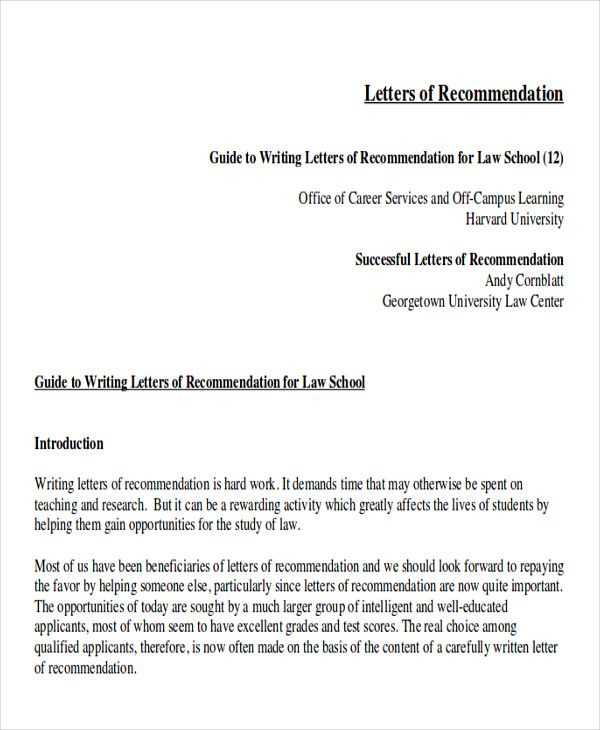
- Deadline: Clearly state the date by which the letter is due. Make sure there is enough time for them to write a thoughtful letter.
- Program Information: Provide details about the program or school you’re applying to, including key aspects that might be relevant for them to mention, such as specific skills, interests, or career goals that align with the program.
- Submission Method: Let them know how the letter should be submitted. Include any links or access instructions if the submission is online.
- Application Questions: If the application has specific questions they need to answer in the letter, list them clearly.
- Specific Experiences: Highlight any particular achievements or experiences you want them to mention, especially if they directly relate to your program or future goals.
Keep Them Updated
- If anything changes, such as deadlines or the application process, let your recommender know as soon as possible.
- Follow up with a gentle reminder a week or two before the deadline to ensure they have all the information they need.
Setting a Timeline for Submission and Follow-up
Establish clear deadlines for each stage of the recommendation process. Give your recommender at least 4–6 weeks before the submission deadline. This allows ample time for them to craft a thoughtful letter without feeling rushed.
Breaking Down the Timeline
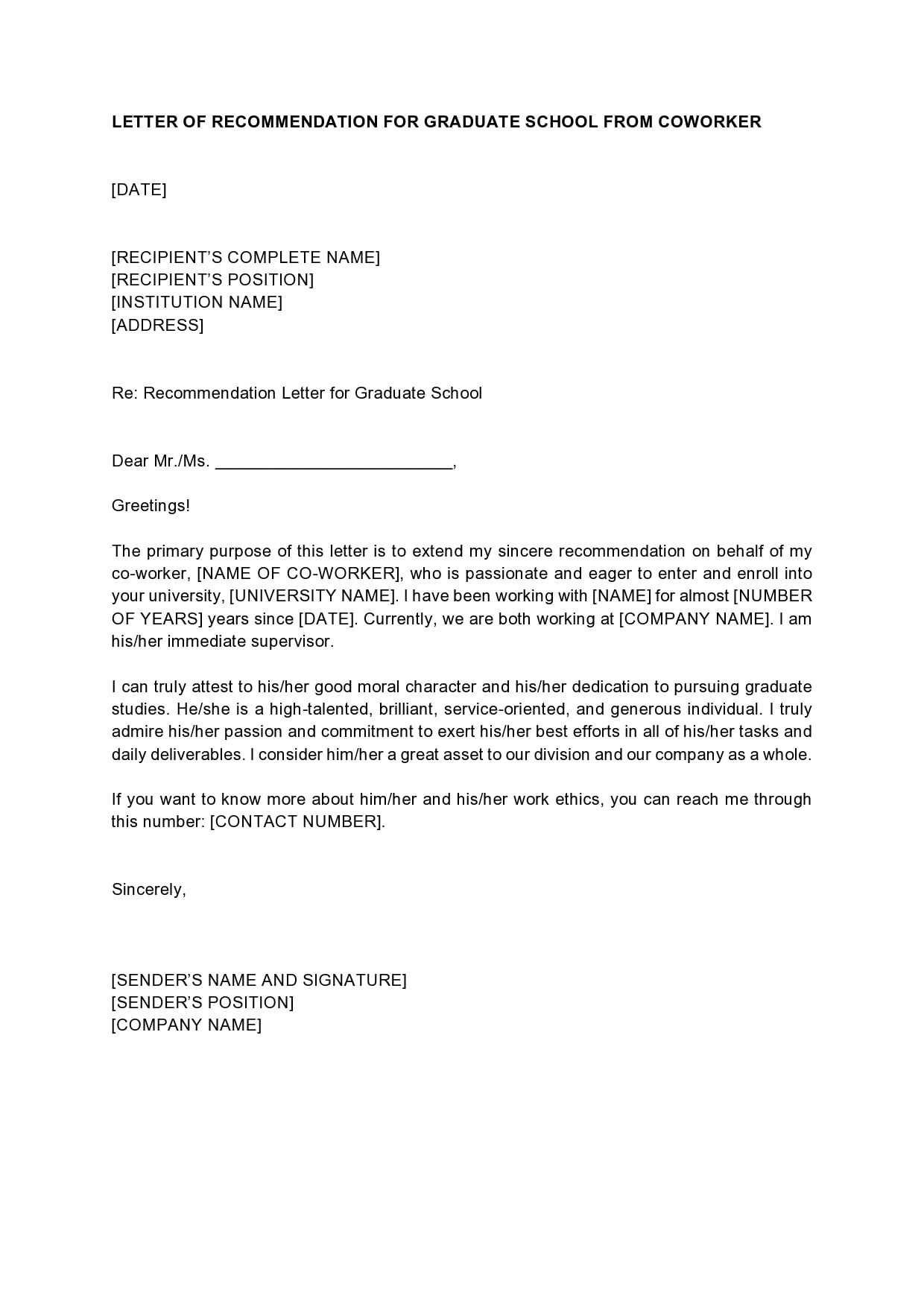
Set a date for submitting your request. Aim to reach out about two months before the deadline, ensuring that your recommender has enough time to organize their thoughts and gather any supporting materials. Include a reminder about the final submission date to avoid any confusion.
Follow-Up Schedule
Send a polite follow-up email 2 weeks before the submission deadline. This will gently remind your recommender of the approaching deadline. If you haven’t heard from them within a week after the first follow-up, a brief second reminder is appropriate. Make sure you express your gratitude for their time and assistance with each communication.
Finally, thank them again after the letter is submitted to show appreciation for their effort.
How to Express Gratitude and Maintain a Positive Relationship with Your Recommender
After requesting a letter of recommendation, show appreciation through a thoughtful thank-you note. Be specific about what you value, such as their time and effort in helping you, as well as their support for your goals. Acknowledge the positive impact they’ve had on your career or academic journey, and express how much their recommendation will mean to you.
Send the thank-you note promptly, ideally within a week after the letter is submitted. Whether by email or handwritten, keep the tone sincere and personal. Avoid generic expressions, and reference any details specific to your interaction or the application process.
Stay in touch with your recommender beyond the application process. Update them on your progress, such as admissions decisions or your next steps. This keeps them informed and shows that their effort contributed to your success. If you’re accepted into the program or secure the job, send a follow-up note with your success and express gratitude once again.
Be respectful of their time and boundaries. While it’s fine to check in periodically, don’t overwhelm them with constant requests. If you need further recommendations in the future, approach them respectfully, and make sure to ask well in advance to avoid rushing them.
Maintaining professionalism and showing appreciation will help you build a long-term relationship. You may want to reach out to them for mentorship or guidance down the line, and keeping the relationship positive and respectful ensures a foundation for future collaboration.